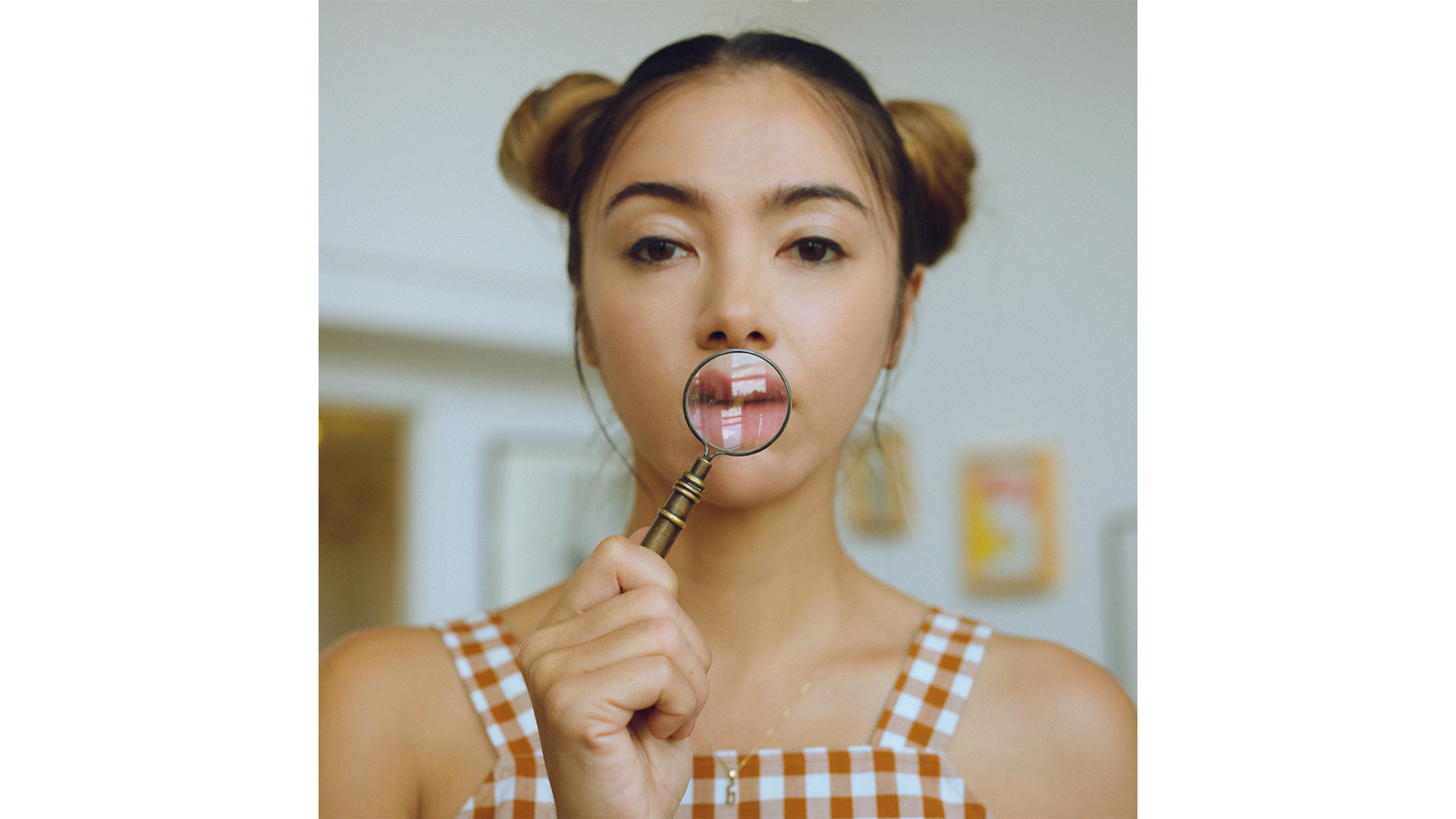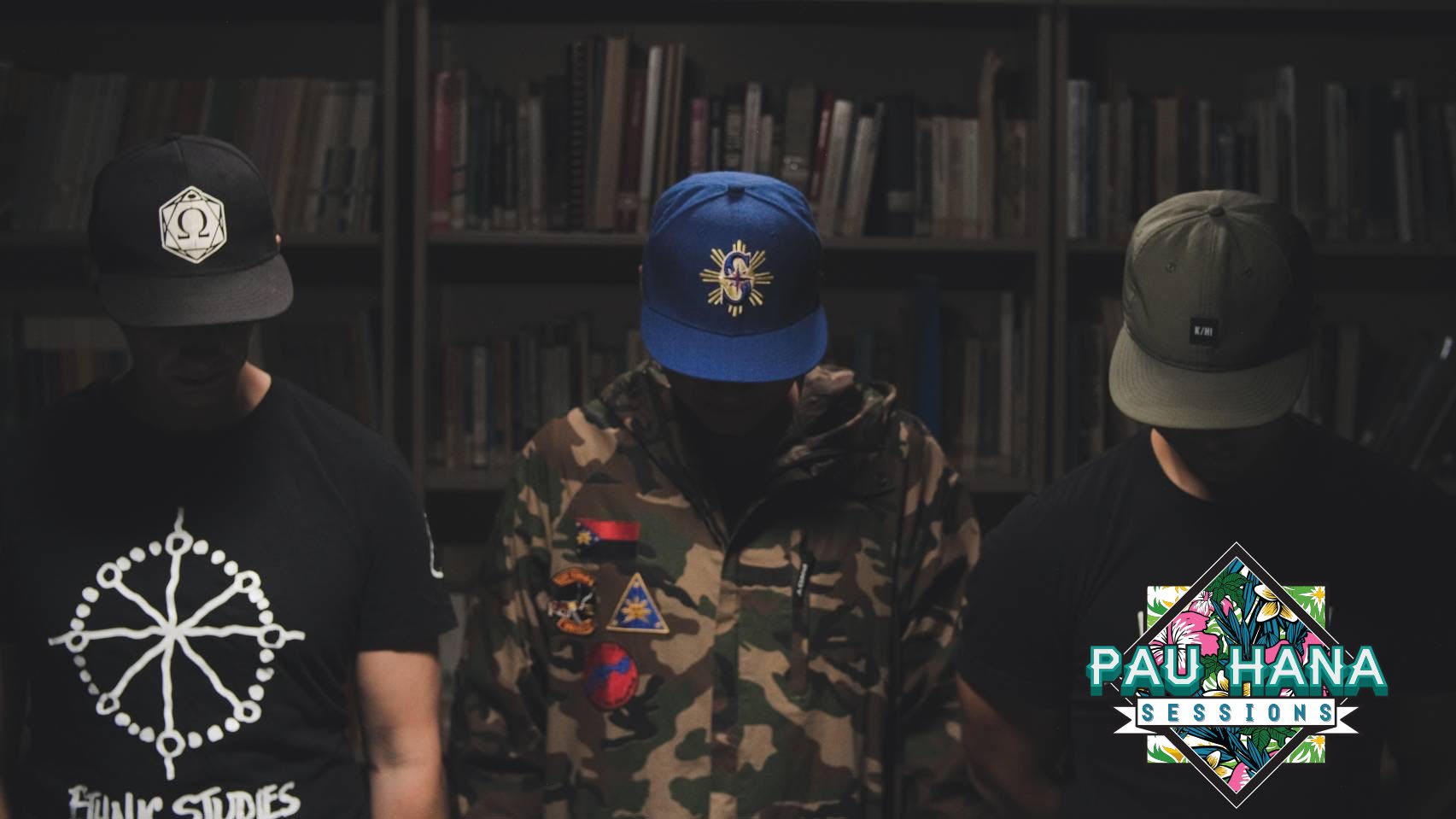Pau Hana Sessions

The Sessions outgrew the classroom and then the campus and then Manoa, before growing beyond Hawaiʻi to reach the continental United States and our own backyard—Intertrend is proud to present Pau Hana Sessions Long Beach featuring Hollis Wong-Wear at the Edison Theater this week. Excitement for Pau Hana, generated by a thirst for events with greater purpose, spread via word of mouth to a wider Hawiian audience; turns out that So-Cal has the same desire to not just hear great artists, but to understand them better.
Pau Hana Sessions works hard to identify and invite local artists to local businesses for live musical performances followed by discussions between artists and community.
The work that Pau Hana Sessions does for their community is important and relevant. It not only gives talent a platform to express themselves artistically, but also gives a voice to issues that face both Hawaii and all of our communities. For these stewards of culture, the work will never be over, it has only just begun.

Pau Hana Sessions: Building Community Through Live Music and Conversations
In Hawaiian, pau hana means “work is over”. The founders of Pau Hana Sessions may have chosen this phrase to signal their aim to create atmospheres for relaxation and enjoyment, but there’s a second meaning too. The minds behind the Sessions have done the hard work for others to benefit from: identifying emerging local Hawaiian talent and connecting them with local businesses in order to host live musical performances followed by conversations where everyone is more open and vulnerable than at your regular gig.
Pau Hana Sessions began with Professor Roderick Labrador’s ethnic studies class at the University of Hawaiʻi at Mānoa and his love for hip-hop. Labrador told Hawaiian news outlet KHON2 in an interview, “I had always used hip-hop and art in my classes to teach, and the students really got excited when I used this kind of material.” With that proof of concept, he began to invite artists into the classroom to perform and hold discussions on the issues of race, ethnicity, politics, and many other pressing topics. Ruben Campos and Ethan Caldwell, current partners of Pau Hana acting respectively as head audio engineer and digital content manager, were drawn to what Labrador was doing. They saw how much audiences and artists wanted the connectivity the Sessions encouraged and knew they had to get involved.
Quickly, Pau Hana Sessions outgrew the classroom and then the campus and then Manoa, before growing beyond Hawaiʻi to reach the continental United States and our own backyard—Intertrend is proud to present Pau Hana Sessions Long Beach featuring Hollis Wong-Wear at the Edison Theater this week. Excitement for Pau Hana, generated by a thirst for events with greater purpose, spread via word of mouth to a wider Hawaiian audience; turns out that SoCal has the same desire to not just hear great artists but to understand them more intimately.
Labrador, Campos, and Caldwell have created a platform that supports new artists of all types—hip-hop, spoken word, singers, and dancers—by giving them a platform for artistic expression. At the same time, they are also giving a voice to issues that are relevant to Hawaiʻi and are also important for our own communities to tackle.
For these stewards of culture, the work will never be over, it has only just begun.